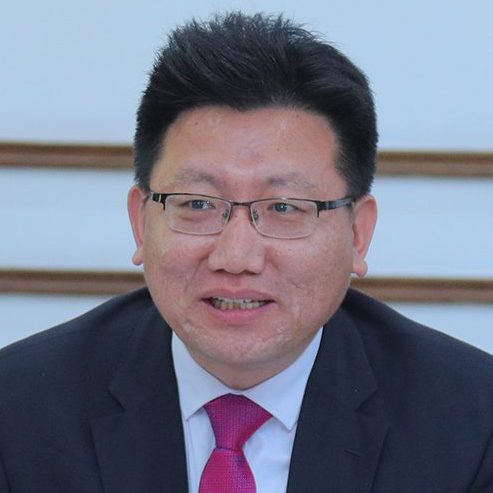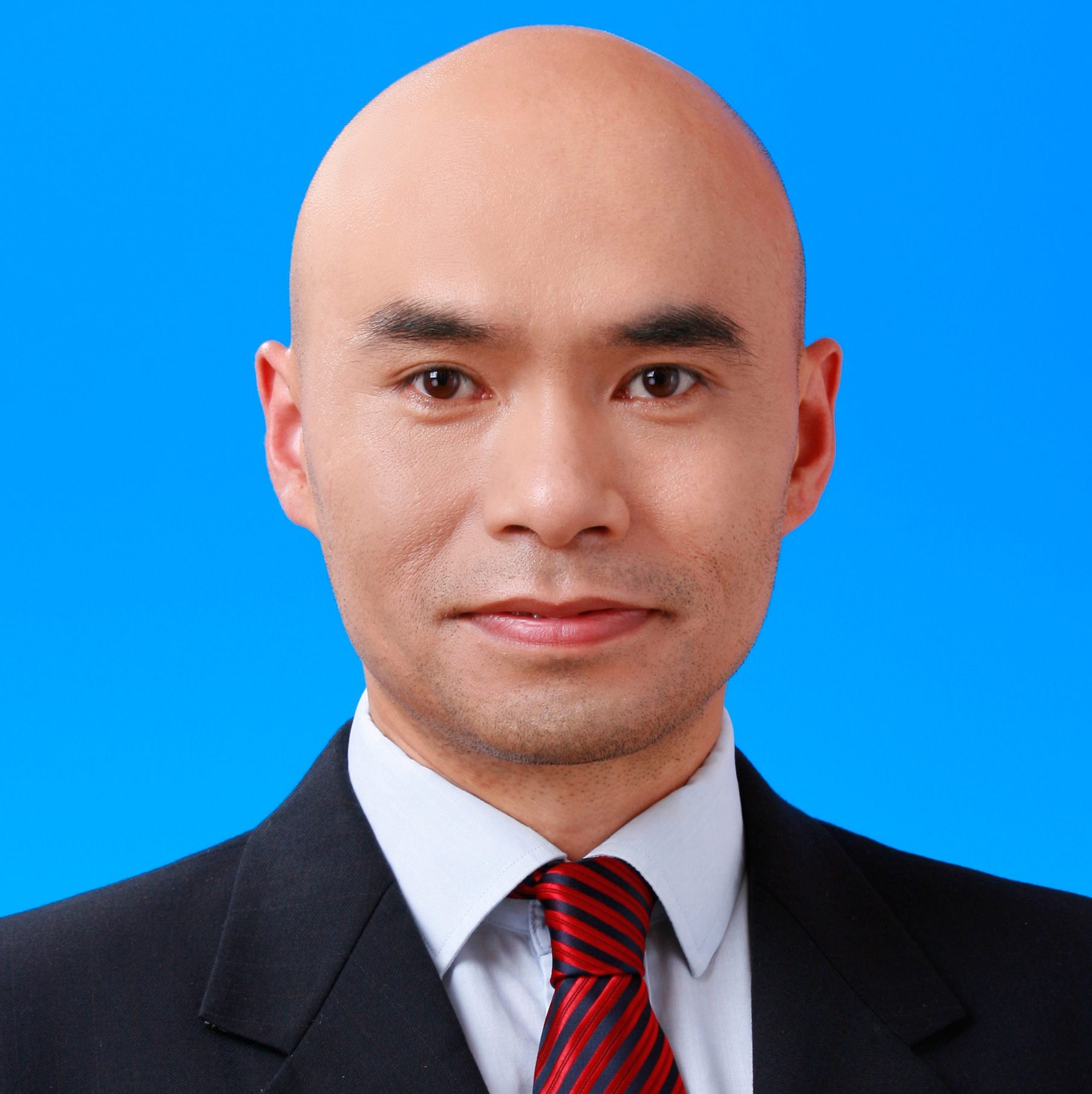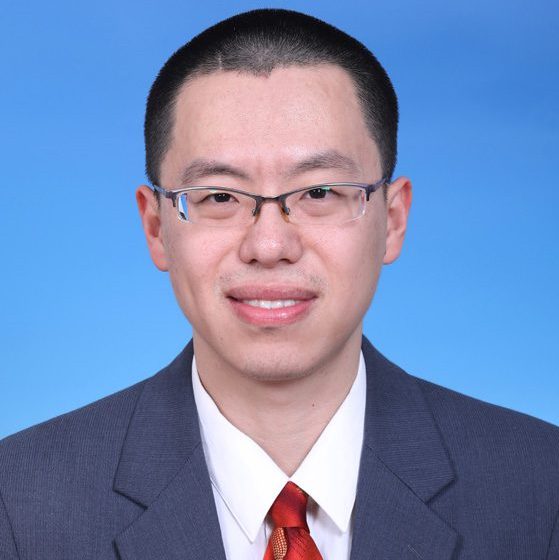This Tsinghua University course (graduate-level) is a part of the Global Hybrid Classroom (GHC) Certificate program.
Dedicated to training talents engaged in China and world studies. This program is an excellent choice for those who would like to understand China and the world in the new era but have no time and opportunity to get a relevant degree. The program is expected to enable students from overseas and the School of Social Sciences of Tsinghua University to leverage their own social science knowledge, expand their countries’ and regions’ backgrounds, and enhance their ability to participate in international affairs.
The program is open to students from domestic and overseas who are interested in contemporary China and the world or engaging in Chinese affairs. Specific requirements are as follows.
- Language competence: IELTS 6.5\ TOEFL 95 or above other qualifications are accepted by Tsinghua.
- International experience: Participation in exchange programs or international academic conferences, or international internships.
“Contemporary China and the World” certificate is compromised of 4 courses:
Students are required to complete at least 8 credits of specialty course, including 1 commonly required course, 3 core courses, and 1 Sino-foreign policy dialogue.
Reminder: Optional courses related to Chinese affairs offered by the School of Social Sciences or other departments of Tsinghua University can be counted in, the syllabus might be adjusted every semester.
Global Hybrid Courses (GHC) is currently open to current students from overseas partner universities of Tsinghua University, and it’s free. If your university (instructor or students) would like to join the program and experience what it is like to teach and learn in a truly global classroom, please contact the Assistant Secretary-General of the Global MOOC Alliance at enoch@tsinghua.edu.cn or alliance@mooc.global.
How to attend our GHC courses?
- Tsinghua University will send the list of GHC courses to overseas partner universities every semester. These universities will notify students to enroll and priority will be given to students eager to take part
- Students from overseas partner universities have to complete the courses required by the GHC Certificate within a specified time. After completing each course, they will receive a GHC transcript issued by Tsinghua University.
- Students from overseas partner universities attending Tsinghua’s postgraduate courses, whose own universities do not allow for credit transfer, can enjoy credit exemption if they study for postgraduate degrees at Tsinghua University in the future.
How to apply for the certificate upon completion of the required courses?
- Please send your name, university, and GHC transcripts to us at alliance@mooc.global



